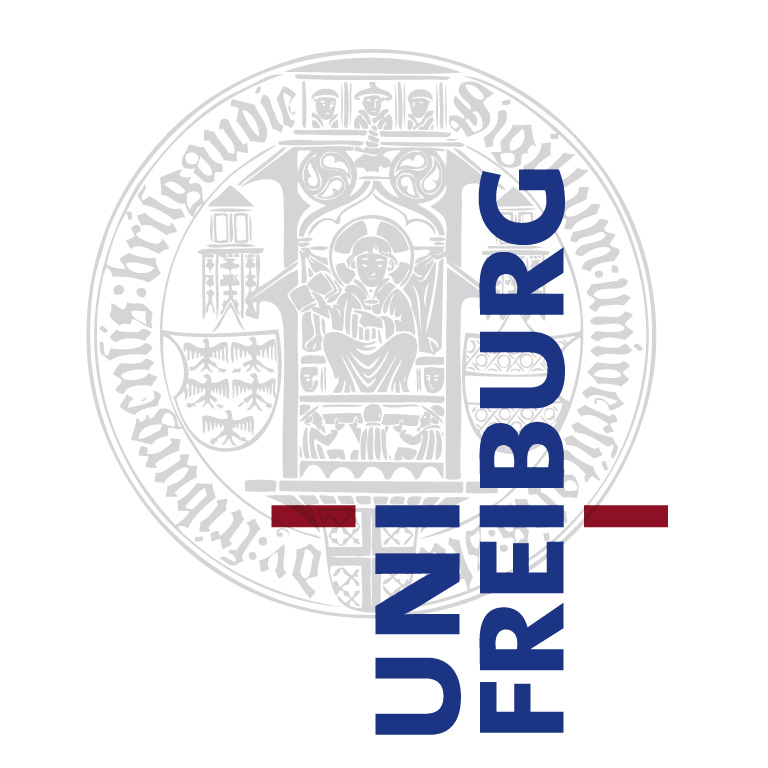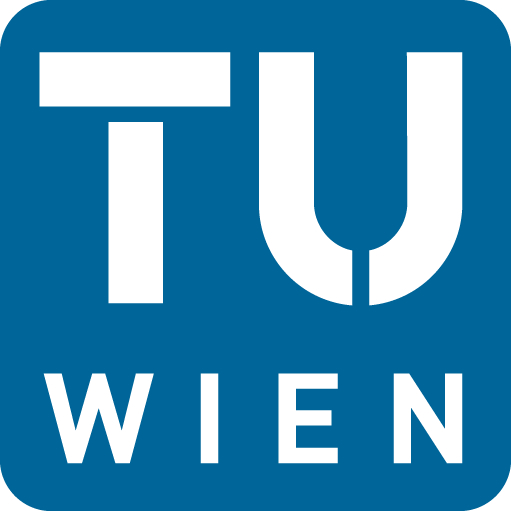JEISec Cooperations
Albert-Ludwig University of Freiburg, Germany |
The Albert-Ludwig University of Freiburg is the third oldest German university and was established 550 years ago. ALU belongs to the nine universities in Germany granted the degree of excellence. The ALU has 11 schools of research, where seven of them belong to humanities and four are of scientific nature. The University has in total 22.000 students, about 500 professors, and in total around 8000 employees. Six Nobel Laureates taught and worked at the University of Freiburg.
The research group Telematics of the Institute of Computer Science and Social Studies (IIG) focuses focuses on security and privacy issues of mobile applications and for end users in telecommunications and electronic commerce, e.g. identity manager, privacy policies, secure logging, process rewriting and the concept of multilateral security. The German Federal State of Baden-Württemberg has awarded the doIT Software-Award 2003 to the IIG Telematics for its concept of security and usability by identity management. Concerning the future privacy challenges in highly dynamic systems, the IIG Telematics has been edited the special issue "Privacy and security in highly dynamic systems" of the Communication of the ACM.
From 1993 to 1999, the IIG coordinated the college "Security in Communication Technology", funded by the Daimler Benz Foundation with academic and industrial participants. From 1999 to 2006, the IIG coordinated the German national research priority programme "Security in Information and Communication Technology" with 14 national research organisations, funded by the German Research Foundation (DFG). In 2006, the IIG has held the "International Conference on Emerging Trends in Information and Communication Security (ETRICS) 2006", supported by ACM, DFG, German Society for Computer Science (GI), German Government, IEEE and various international companies. Since 2006, the IIG coordinates the work group "Privacy in Business Processes" of the EU NoE "Future of Identity in the Information Society (FIDIS)". The IIG participates in several European and German research projects.
Vienna University of Technology, Austria |
The Vienna University of Technology offers a focus on IT security and has a strong working relationship with SBA Research. Based on their security ontology TU researchers work on methods for automatically determining the information security status of an organization regarding well-established standards. The research results support organizations by providing a formal representation of selected standards and relating these standards to more granular information security best practice guidelines the German IT Baseline Protection Manual. This allows the (at least semiautomatic) determination of the current status of an organization with regard to a targeted certification standard. Applications utilizing the developed formal model are capable of identifying any missing controls that are required to comply with the certification standard in question.
SBA Research, a competence center focusing on IT security brings together the best Austrian academic institutions and corporations and cooperates with leading universities and research institutions throughout the world. Its research addresses the needs of large corporations as well as small and medium-sized enterprises and private individuals.
The main goal is to perform basic research in IT security with a clear orientation towards the practical use by our industry partners and the general public. SBA Research incorporates their partners’ own R&D efforts and contributes its basic research perspectives. SBA Research has four main areas of research: (1) Governance, Risk and Compliance, (2) Data Security and Privacy, (3) Secure Coding and Code Analysis, and (4) Hardware and Network Security.
National Institute of Informatics, Japan |
As Japan's only one general academic research institution of Japanese IT activities seeking to create future value in the new discipline of informatics, National Institute of Informatics (NII) seeks to advance integrated research and development activities in information-related fields, including networking, software, and content. These activities range from theoretical and methodological work through applications. As an inter-university research institute, NII promotes the creation of a state-of-the-art academic-information infrastructure (the Cyber Science Infrastructure, or CSI) throughout Japan, as well as industries and civilian organizations.
Founded in April 2000, NII marked its new beginning in April 2004 as a member of the Research Organization of Information and Systems (ROIS).
Informatics is a new academic discipline based not just only on computer science and information technology, but on the human, social, and life sciences. NII advances informatics research with the goals of creating future value; furthering social and public contributions; promoting interdisciplinary approaches to information processing; partnerships among in- dustry, government, academic, and civilian organiza- tions; and international research activities and operations. NII has established four research divisions, seven research centers, the Organization for Management and Outside Collaboration on R&D, and the Collaborative Research Unit. The four research divisions are
- Principles of Informatics
- Information Systems Architecture Science
- Digital Content and Media Sciences
- Information and Society
NII advances the formation and operation of the CSI, a state-of-the-art academic information infrastructure. The CSI project has already delivered among others the science information network environments Super SINET and SINET and the UPKI (Inter-University PKI) joint public key infrastructure for universities. The focus now shifts to development of the next-generation science information network SINET3 based on the previous systems. SINET3 employs advanced communication technology and feature a wide range of services.
UPKI is a nationwide joint public key infrastructure designed to provide a safe and secure environment for inter-university collaboration through the CSI. UPKI is designed to improve the safety, security, and efficiency of university computer systems, networks, content, and information systems. It also facilitates joint research projects and other initiatives involving universities and private industry, both at home and abroad, as well as other segments of society.
Through these efforts, the entire research organization comprises
- The Organization for Scientific Network Operations and Coordination as well as the Organization for Scientific Resources Operations and Coordination, which plans and manages partnerships and cooperation with universities and other institutions throughout Japan,
- The Cyber Science Infrastructure development Department, which handles development and operation of information systems, and
- The research centers that promote researcher participation and incorporation of the results of research contributes to the academic community.
NII has concluded International Exchange Agreements (otherwise known as Memorandum of Understanding) with 56 overseas universities and research institutions (as of March 2009), and have actively participated in various exchange programs.


